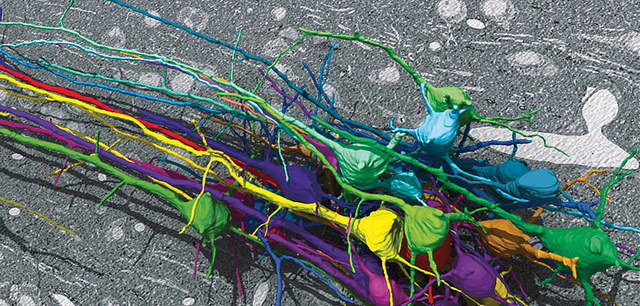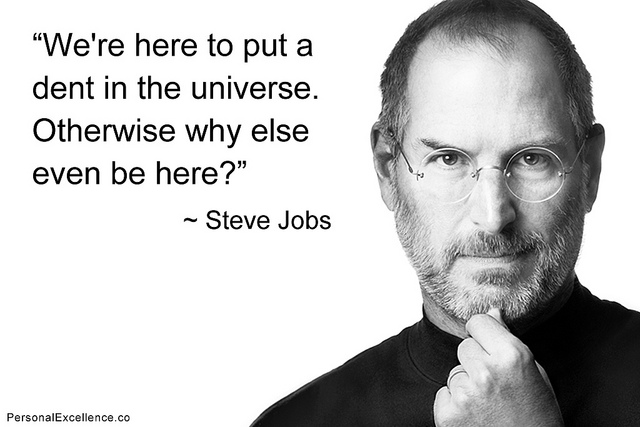blog
We all function within several systems
No man – or woman – is an island. Although we’re all independent human beings, we’re also interdependent, functioning within several systems simultaneously that provide the frameworks for our relationships to people and organisations, decisions and achievements, beliefs and attitudes. And of course beliefs and attitudes are closely connected to our emotions and our behaviours.
Our unconscious loyalties
I’m in the process of deepening my learning about systems (thank you, John Whittington of Coaching Constellations), and my understanding that each of us has unconscious loyalties that play a major role in influencing our behaviours, judgments and attitudes. Those loyalties enable us to feel part of a group, and to judge whether we’re ‘doing the right thing’ – as defined by a group with which we feel a strong connection, albeit that that connection and its dynamics may be invisible to us.
Bringing alive what’s not said or seen
Looking at individual coaching clients through a systemic lens means that I can bring alive things that are not normally said or seen. The newly-arrived Director on a Board who is frustrated by the established organisational culture of failing to honestly address processes where he believes improvements can be made….. The leader who is puzzled about why – and how – his two teams communicate poorly….. The executive who is challenged by creating richer engagement in her organisation…. The leader who believes that all inadequacies are down to ‘the others’….
Individual and systemic awareness
All of these challenges can be very usefully explored, and meaningful change can be created and sustained, by a combination of individual and systemic self-awareness and development.
I’m finding especially interesting the impact of an individual’s previous systems on their current systems. What are they bringing with them from their previous role and organisation to their current one – what unresolved disappointments, what learning that they have never expressed their gratitude for? And what are they failing to acknowledge about their new organisation? The new leader in a role may be so focused on the improvements they want to create that they fail to acknowledge the impact or contribution of the previous occupant of that role.
Acknowledgment: the key to the door
When this kind of thing happens it may get in the way of the change that the leader wants to bring about. The simple act of acknowledgment can bring about clarity and can release a team to fulfil their potential without continuing to be caught up in outdated messages that have solidified into patterns. Even without the new leader being fully conscious of what is happening below the surface, they can find that when they do make such acknowledgments suddenly things flow in the direction they intend.
Awareness of the present
In my experience a leader can be so intent on the change they want for the future of their team or organisation, or so caught up in what hasn’t worked in the past, that they don’t reap the benefit of an awareness of the present – of being mindful. And so they may miss the factors that can make all the difference to a strategy, whether for retention, profitability, team cohesion, efficiency – or many of the other challenges that organisations face.
How might a lack of mindfulness impede a strategy?
Such challenges might include: 1) what’s actually in the way of their achieving their goals (for example, a long-established belief within the organisational culture that makes it unsafe to speak the truth); 2) the need for them to acknowledge and respect what is valued around them (for instance, that the boss’s very identity is invested in maintaining the status quo); 3) their missing how a particular attitude or unconscious bias they hold about age, ethnicity or level of education manifests itself in their behaviour towards everyone around them – up, down and across internally and/or towards suppliers and clients.
Beyond apparent logic
As a coach – and indeed as a leader – I am finding that recognising all parts of the system can illuminate the source of a relationship or a process that’s not functioning as one might have expected. I find that a systemic perspective is especially valuable for explaining why a relationship, process, decision or conflict is failing to progress because looking at it systemically gets beyond the apparent logic or rationale. Human beings don’t always behave logically or rationally, and a systemic approach can resolve what’s illogical or irrational: a Board which doesn’t ‘get’ a logically explained proposal, feedback which is unclear or internally inconsistent, an individual’s demonstrable capacity not being released, internal competition which seems not to make sense in the context of the values that the team have signed up to.
Key factors to acknowledge
Acknowledging the order in which team members arrived, and their contributions, what isn’t being said that needs to be said, and the balance between giving and receiving are making a palpable difference to my coaching clients and to my perception of my role as coach.
We're all part of the systems
Although we’re all independent human beings, we’re also interdependent, functioning within several systems simultaneously that provide the framework for our relationships to people and organisations, decisions and achievements, beliefs and attitudes. Awareness of those systems and their impact can release blockages in teams, strategy and the implementation of change.
Read more »Gold from Dust
Lindsay's article 'Gold from Dust' appears in Coaching at Work magazine May 2014. The client often gives pointers to their most significant issues in their first coaching session - and the coach may notice them but not attribute due importance to them. The first session is rich and complex. It’s an Aladdin’s cave of gems. To see a copy of the article click here if you're a subscriber to Coaching at Work or e-mail lw@lindsaywittenberg.co.uk to request a copy
Read more »Workshop on The Neuroscience of Wellbeing, Stress and Mindfulness
Tickets are sold out for the WittenbergEvans workshop on The Neuroscience of Wellbeing, Stress and Mindfulness in London on Thurs 19th June 2014
Read more »Executive coaching for leadership and self-leadership
Amongst all learning interventions, the developmental and transformational style of the best executive coaching can equip the leader to deliver leadership that creates a better organisation – and, some would say, a better world - sustainably, with integrity and with authenticity.
Read more »The Neuroscience of Wellbeing, Stress and Mindfulness
A workshop on ‘The Neuroscience of Wellbeing, Stress and Mindfulness’ will take place on Thursday, 19 June 2014 from 13:30 to 17:00 at the Gestalt Centre in London. It will interest coaches, trainers, consultants, HR professionals - indeed anyone who's managing, leading, facilitating or developing others, or providing a service. Neuroscience not only informs us how we - and others - tick, but it is also becoming increasingly recognised as a key tool in the development of high-impact leadership, employee engagement and the management of stress.
Read more »Lessons from neuroscience for learning and performance
Leaders who know how to optimise the conditions for their own and their people’s learning are going to maximise their chances of success for themselves and their organisations. Senior people – indeed anyone thinking about their career development – who build in the search for working environments and a career path that will maximise their learning opportunities is likely to also maximise their chances of fulfilment and therefore success. And those working across cultures or in multicultural environments who know how to maximise harmony, minimise conflict, bring a curiosity for learning and an attitude of acceptance are also going to be those most likely to develop aligned, creative, productive teams and minimise wasted effort.
Read more »Tripping on speed: leaders who want quick results
The pressure on senior people to work at speed risks disempowerment and threatens high-quality outcomes. Slowing down and reflecting, thus developing insight, can help enable them to create outcomes that are meaningful and sustained.
Read more »The neuroscience of wellbeing, stress and mindfulness
Our next neuroscience event, with academic researcher and qualified coach Dr Geoff Bird,will take place on Thursday 19th June 2014 13.30-17.00, and will explore the neuroscience of wellbeing, stress and mindfulness. Delegates to our workshops to date have included coaches, consultants, trainers, Learning and Development specialists, HR professionals and financial advisors. Further workshops (on the neuroscience of learning and performance and the neuroscience of leadership) - and a session on practical application, will take place during 2014 and early 2015.
Read more »Career strategy: purpose and meaning, values and strengths
New Microsoft CEO Satya Nadella has pinpointed meaning at work as a fundamental goal because that’s ‘what makes the best work happen’. In my career development coaching with executives and senior managers, questions of meaning and purpose, values and beliefs, drivers and obstacles, emotional awareness and a capacity to situate yourself in your systems, are core to career focus or refocus.
Read more »The coaching contract: what does it mean for the client?
Lindsay’s article on what really goes on in contracting has been published in Coaching at Work magazine, January-February 2014 issue. The article explores the fact that, especially for coaching clients new to coaching, the meaning of the contract only becomes clear once they're experiencing the coaching and its impact. Perhaps the contracting process itself would benefit from being more reflective.
Read more »











